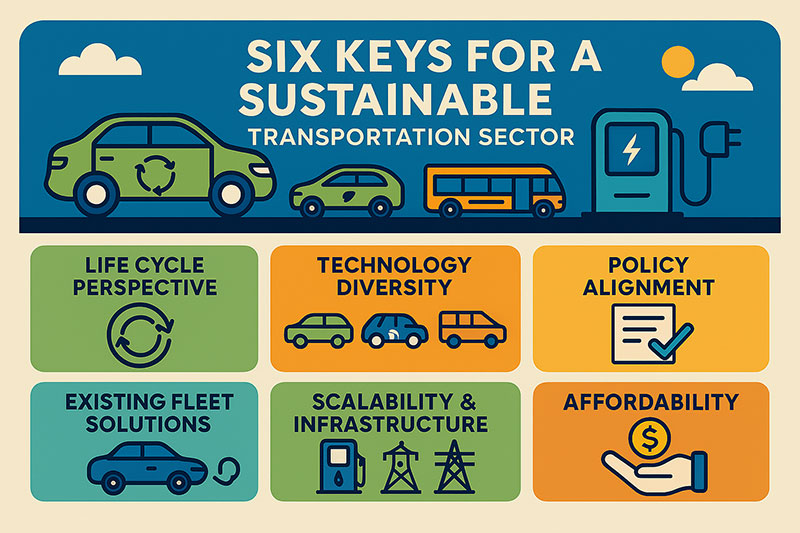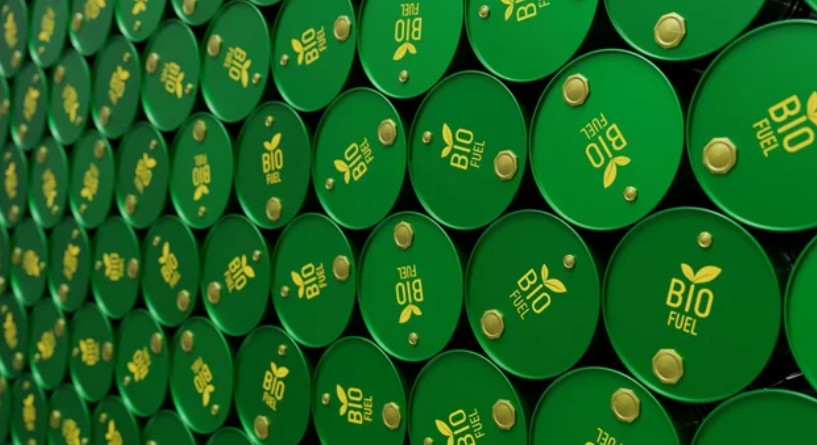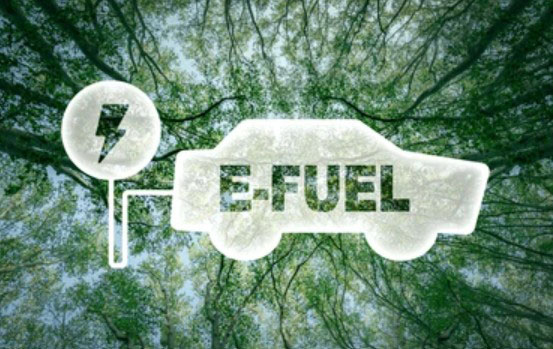January 24, 2020
This finding is primarily due to anticipated growth in fuel demand (4.4% over next 13 years) and a 50% decrease in domestic refinery production over the past six years that is not expected to be reversed soon. “Mexico’s Energy Reform: Impact of Mexico’s Deregulation and Liberalization of the Fuels Market,” analyzes the country’s present and future fuel demand, distribution and retail infrastructure, regulatory programs and composition of the vehicles market and the impact of the recently implemented Energy Reform.
“In the North American fuels market, Mexico is a significant player sending more than 500,000 barrels per day of crude oil to the United States and importing back more than 30 million barrels per month of refined product,” said Transportation Energy Institute executive director John Eichberger. “The Energy Reform represents a significant resetting of the Mexican market with direct implications not only on market participants and consumers in Mexico, but also on the country’s trading partners. How this new market structure performs will be a critical factor for transportation energy on both sides of the border.”
On January 1, 2017, Mexico began to implement its Energy Reform program, allowing private companies to invest and own infrastructure and fueling stations in Mexico for the first time since the inception of state-owned and operated petroleum company, Pemex. By the end of that first year, fuel prices were fully subject to free market dynamics versus being controlled by the government. The deregulation and liberalization of Mexico’s fuel market also ushered in a new regulatory framework designed to guarantee free market conditions and foster private investments by outside companies.
Despite the hope for private investment into fuel distribution infrastructure and retail sites, growth has been slow and states are still heavily dependent on PEMEX owned infrastructure to supply and sell fuel. The report identified a number of barriers to market diversification including high entry costs, a complex and lengthy permitting process, limited transparency in price information, lack of security and difficulty competing with subsidized PEMEX.
“Investment in Mexico’s infrastructure is essential to stabilize supplies and promote competition throughout the country,” Eichberger said. “There is evidence that distribution and storage capabilities are improving, but competition at the retail level has not yet materialized as the government had expected.”
Currently, Mexico has the capacity to store enough fuel to satisfy about 3.6 days of demand, but new proposed projects are expected to increase this capacity by 50% with an ultimate goal to reach 10-13 days of capacity by 2025. Existing bottlenecks and inefficiencies, however, have resulted in pipelines operating at only 43% of capacity. Significant investment in fuel distribution infrastructure is needed to reliably satisfy demand. And while retailers face good margins in Mexico, existing barriers to new competitors are resulting in rebranding of existing stations versus opening of new retail sites. This has not resulted in improved competition nor has it led to lower prices for consumers.
Even with the efforts of the current administration to raise the production and storage capacity, Mexico will remain dependent on imports as the major source of fuel supply for the next ten to fifteen years. Just as Mexico has become highly dependent on the American market for supply, U.S. Gulf Coast refiners are just as dependent on Mexico for demand. This symbiotic relationship is likely to remain strong within the next decade.
“In an era of increasing pressures for improved environmental performance of transportation fuels, the regulatory structures governing the formulations of fuels is an important factor when considering imported fuel supplies,” Eichberger noted. “This new report takes a very close look at the structure of regulations and how they affect fuel quality and composition relative to Mexico’s primary trading partner, the United States.”
Also influencing the fuels market is the composition of the vehicle fleet. The Mexican vehicle market is dominated by gasoline and diesel-powered vehicles, which account for more than 96% of total fuel demand in the country. The fleet is expanding at a rate of 6.2% per year, with compact and subcompacts dominating the market with a 60% share. The car parc is older than that found in the United States, with vehicles averaging 17 years old – this aged fleet has direct implications on efforts to reduce emissions. The U.S. is the third most common importer of vehicles to Mexico and car manufacturing will continue to be an important factor for the development of fuel markets in Mexico.
“Mexico’s Energy Reform: Impact of Mexico’s Deregulation and Liberalization of the Fuels Market,” can be downloaded free of charge at www.fuelsinstitute.org/research





